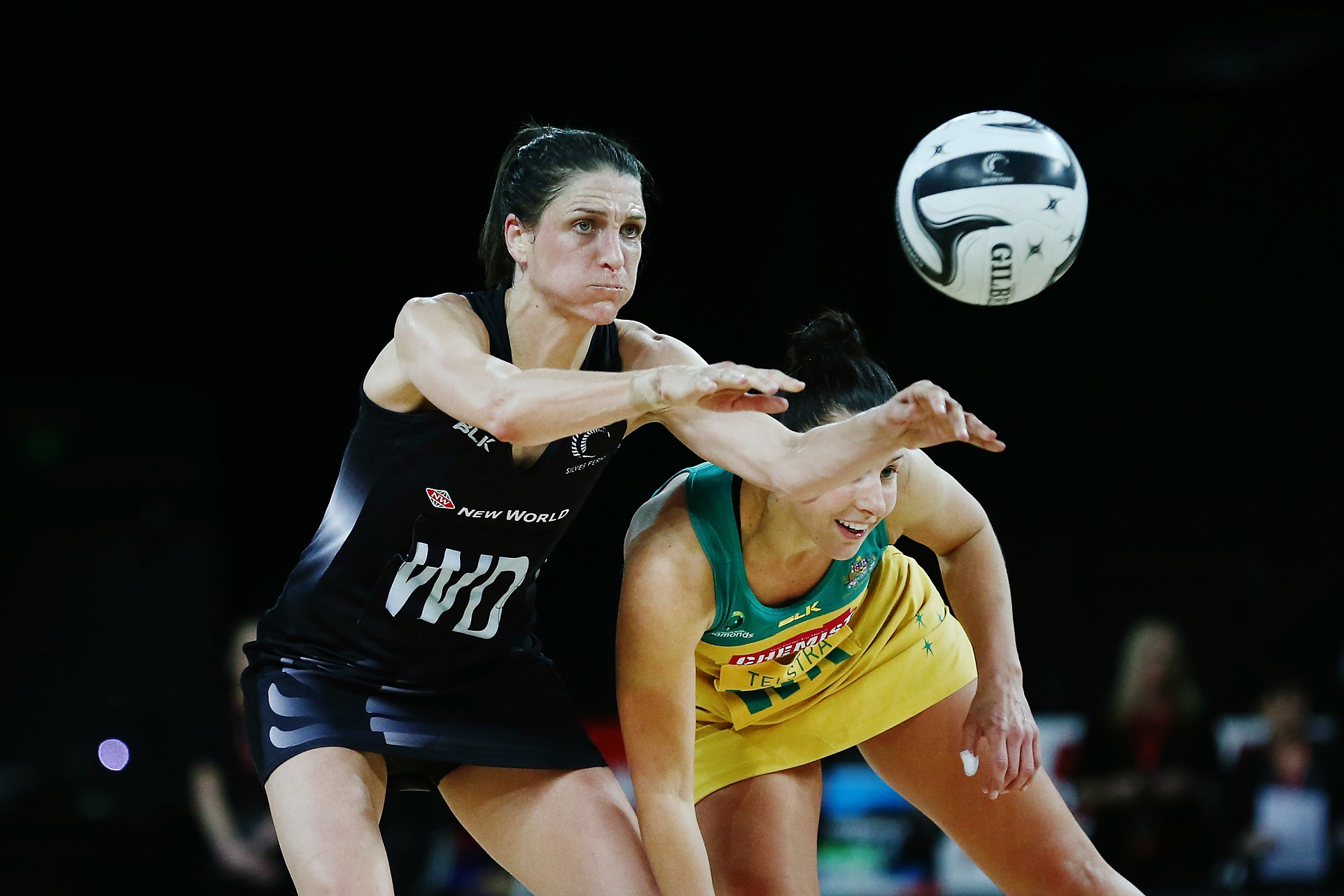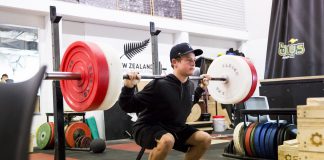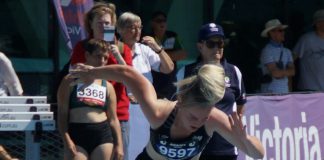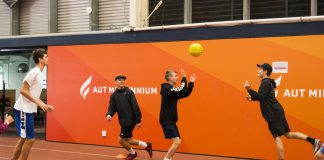
I’ve known Helene Wilson for a while now.
In 2016 I had the privilege of helping her integrate sports science into her Netball Northern Beko League team and learnt a lot about her coaching philosophy in the process.
It was no surprise to me when Helene was announced as the new Head Coach for the Northern Mystics.
She cares deeply about her players and works incredibly hard to develop them as netballers and people.
“It’s my job to create change for the person, for them to be better at what they do, and the vehicle that I use to do it is netball. I have a responsibility to grow the players that I work with, to increase their skill capacity, their physically movement competency, and their understanding of the game. But for me it’s more than that, although my vehicle is netball, I’m there to grow them as people across the board” – Helene Wilson
So, when we launched The Athlete Development Show, I jumped at the chance to hear Helene’s coaching story.
We cover a lot in the show and Helene shares some great advice for young aspiring athletes which I would like to share with you now.
So here we go…
-
Get to Know Yourself
Self-awareness is the starting point for making meaningful change. Before you can develop and master skills and attributes specific to your sport, you need to work on yourself as a person.
The world we live in doesn’t teach us to look at ourselves, when things go wrong too often we point the finger at someone else, rather than looking inwards and focusing on the things we can control.
Helene says:
“The reality in life is that we can’t change what everybody else is doing, we can only make changes ourselves if we want things to be different”.
To become more self-aware and drive positive change, Helene recommends reflecting on your experiences by asking yourself key questions, including; “what happened?” and “what can I do differently to make the outcome different next time?”
It’s a good idea to write your answer down in a notebook, and read through it regularly.
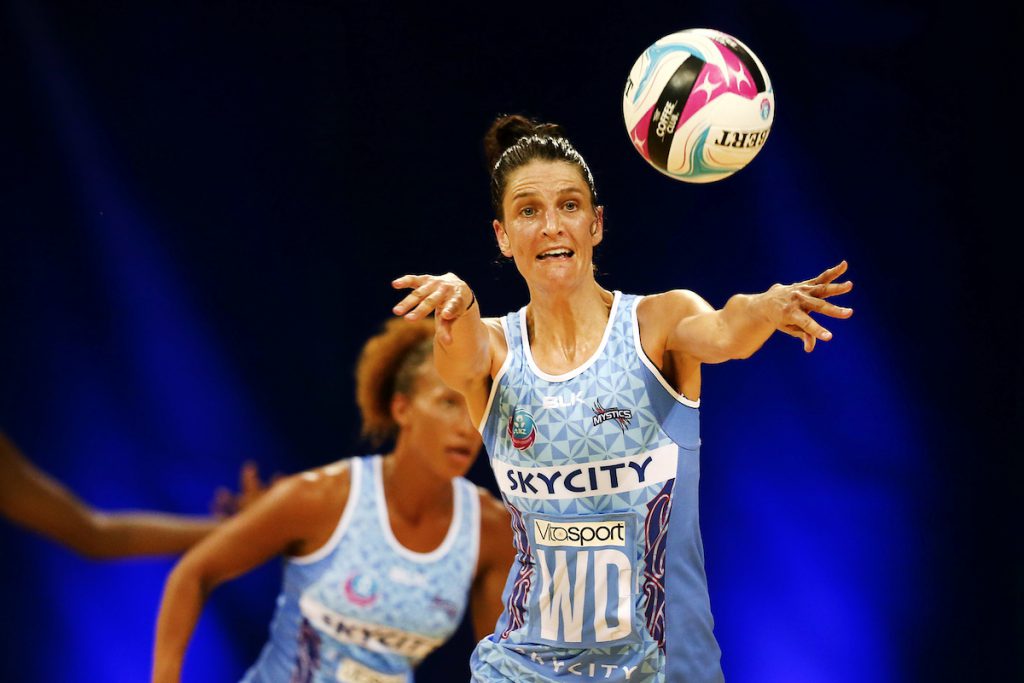
-
Be a Coachable Athlete
Helene says:
“I would take a coachable athlete over a talented athlete who just does stuff and doesn’t understand why, or doesn’t understand their connection to the bigger plan that you have in place as a coach”.
One thing I’ve learnt from my time working in sport it that the defining factor between the good and the great is a constant drive to get better.
A coachable athlete has this drive. They have an inquisitive mind, always believing that there is more to learn.
What’s more, they believe that they can only be their best when they have the support of others who have gone before them.
How can you be a coachable athlete? Be curious. When you don’t know the answer, ask someone. Listen closely to the response, then act on the advice you’ve been given to show it’s important to you.
-
Seek Out What Fuels Your Learning
It’s easy to push critical feedback aside and to take it personally and think that the person behind it is out to get you. Taking a close look at how you can do things better is a crucial part of learning.
Helene says:
“Everyone hits a ceiling at some point in time when talent isn’t good enough. [This is when] you need to kick into self-reflective thinking, work hard, and really look at yourself and your contribution to be better”.
Rather than thinking about learning as “right” and “wrong” ways of doing things, consider it a process of trial and error.
Give something a try and if it doesn’t work out tweak it until you begin to get some success.
Remember, you can’t do it alone. External feedback is a crucial part of the trial and error process.
-
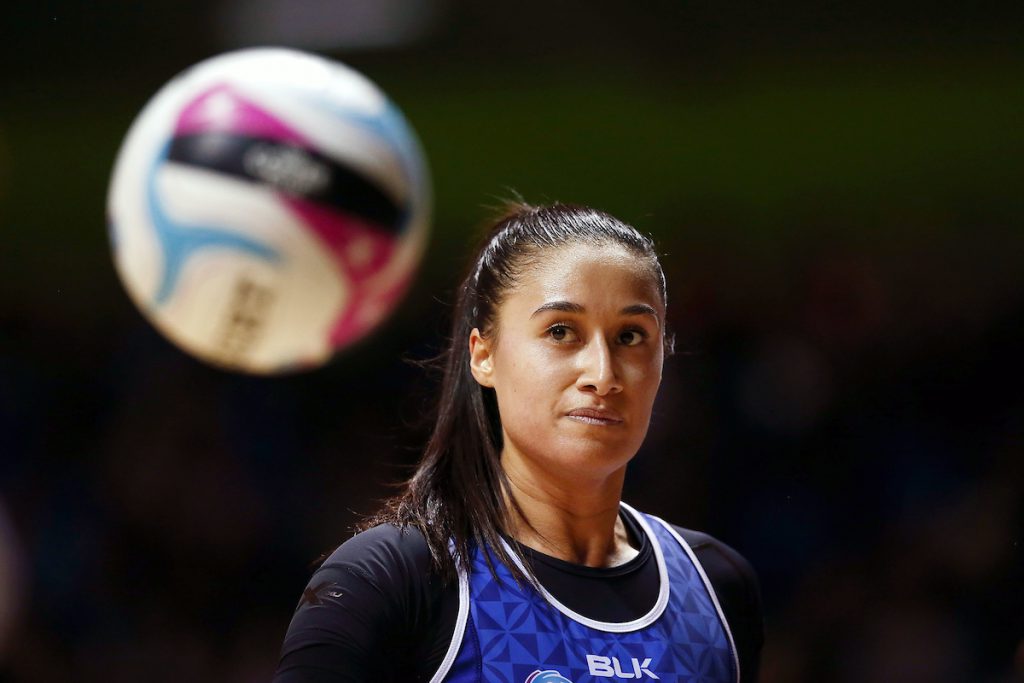
Photo: www.photosport.co.nz Have a Daily Conversation with Yourself About Being Better
If you want to reach your best in sport and life then the story you tell yourself is important.
Helen says:
“Is doesn’t matter how good you are now, or how much talent you think you have, if you want to progress in sport, you always have to be better. Someone is always going to be better than you, work harder than you. If you shy away from the tough, honest conversations with yourself, you will struggle to step up to that next level”.
Hard work is everything.
You can’t sit in your comfort zone, where you do what you’ve always done, and expect to be competitive.
If you want to reach your dreams, you must work hard, and contribute to the environments that you find yourself in.
So, every day, ask yourself the question: what do I need to do to get better?
Think about the role you play in the teams you participate in to not only get better yourself, but to help others do the same.
Think about what you need to change, the conversations you need to have, and the people you need to have them with.
Then get to work.
Be best you can be.

























